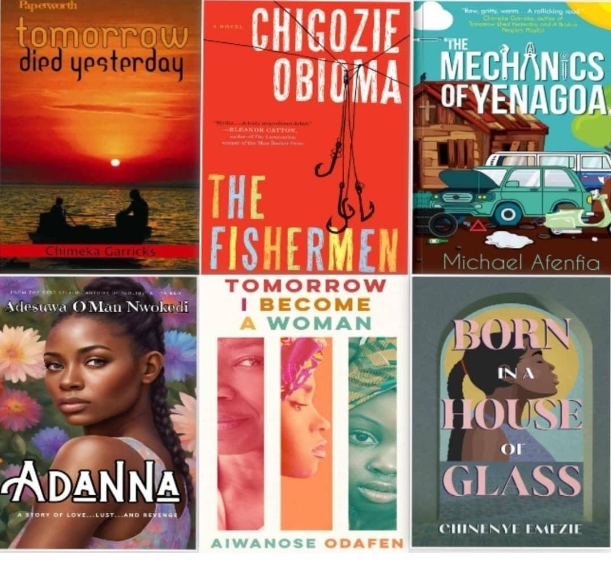Box Office Billions, Bank Account Pennies? The Truth Behind Nollywood’s Big Money

By: Precious Omotayo
A billion-naira movie. Glitz, glamour, and a star-studded premiere. But beneath the glitter lies a question many Nigerians are beginning to ask: Where does all that money go?
When Funke Akindele’s cinematic blockbuster, “A Tribe Called Judah”, hit a staggering ₦1 billion at the Nigerian box office, it was hailed as a historic moment in Nollywood. The film became the highest-grossing title in the industry’s history. But just when fans thought the cast and crew were swimming in cash, Akindele dropped a subtle bombshell on social media: “The money doesn’t all come to us.”
So where does the money really go? And how much do actors and creatives actually earn from these billion-naira box office wins?
Breaking Down the Box Office
Let’s start with what “box office” means. It refers to the total amount a film earns from ticket sales in cinemas. But contrary to popular belief, that headline figure is not what the producers or actors take home.
Cinemas take a significant cut, usually between 40% to 50% of ticket sales. Distributors, like FilmOne Entertainment, also receive their share for marketing and getting the film onto screens nationwide. By the time the revenue trickles down to the producers, what’s left is often a smaller slice of the cake.
From that little slice, producers must cover production costs, pay off loans (if any), and fulfill contractual obligations. Now, that box office “billion” begins to look a lot smaller.
What Do Actors Actually Get Paid?
Here’s the shocker: most Nollywood actors are paid a flat fee before the movie is even released. Whether the film tanks or hits a billion, their paycheck remains the same. For up-and-coming actors, that could mean ₦100,000–₦500,000 per role. Mid-tier stars might earn around ₦1 million to ₦2.5 million. Only top actors—those who also serve as producers or directors—stand a chance of earning a percentage of profits. In Hollywood, actors might earn “royalties” or “residuals” based on how well a movie does. But in Nollywood, such systems are rare. Once an actor is paid and filming wraps up, that’s often the end of their earnings, no matter how successful the project becomes.
Why Don’t They Get More?
There are a few reasons. First, the industry is still developing formal structures around profit-sharing. Unlike the western model where contracts are ironclad and monitored by unions, many Nollywood deals are verbal or informal. Second, most producers work with tight budgets and can’t afford to promise actors ongoing pay. Without established systems for royalties or long-term payments, many actors simply get paid once and move on.
It’s Not Just Movies, Music Tells the Same Story
The same money myths surround Nigeria’s booming music scene. An artist may rack up millions of streams on Spotify or Apple Music, but the money doesn’t always reflect the buzz. Why? Many upcoming artists sign away their rights to music labels in exchange for short-term support. Without owning their masters (the original recordings), musicians earn only a fraction of streaming revenue. Often, it’s live shows, endorsement deals, and side businesses (like fashion lines or reality shows) that bring in real income.
Funke Akindele’s Tweet: A Wake-Up Call?
Funke Akindele’s comment opened eyes and sparked industry-wide conversations. If a producer, actress, and director of her caliber is subtly hinting at financial limits, what then happens to the supporting cast or crew? It highlights a deeper issue: Nollywood’s glamour doesn’t always translate into lasting wealth. Behind the scenes, many creatives are still figuring out how to balance passion, fame, and fair compensation.
Nollywood is growing; Nigerian music is global. But behind the trending hashtags and blockbuster headlines are real people trying to make a living in industries that still lack structural fairness. As fans, our support is powerful, but so is our curiosity. Maybe it’s time we begin to look beyond the numbers and ask tougher questions: Who is making the money? Who should be? And what can be done to ensure that the people creating Nigeria’s most loved content are truly rewarded for it?
image credit: istock.com








